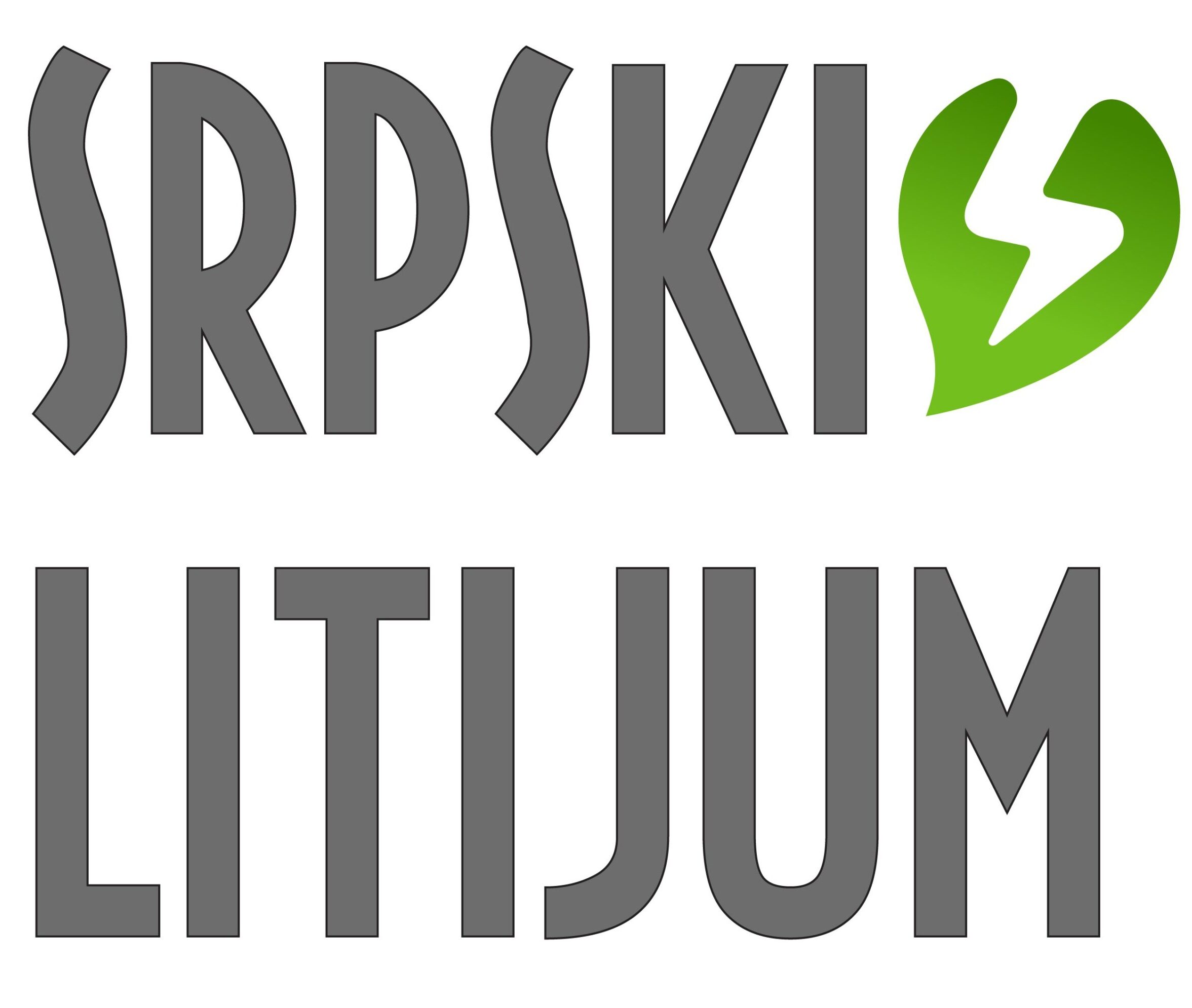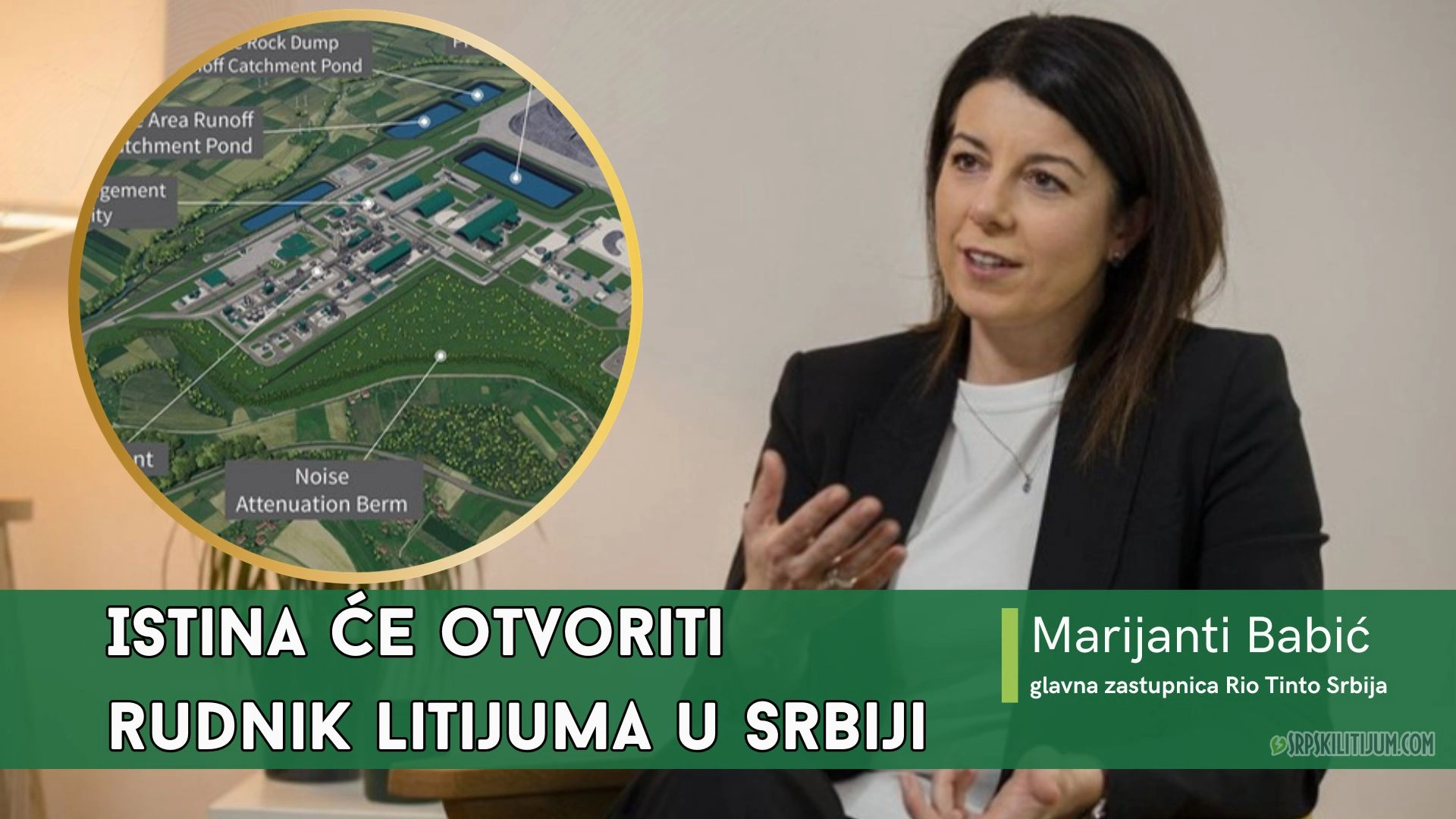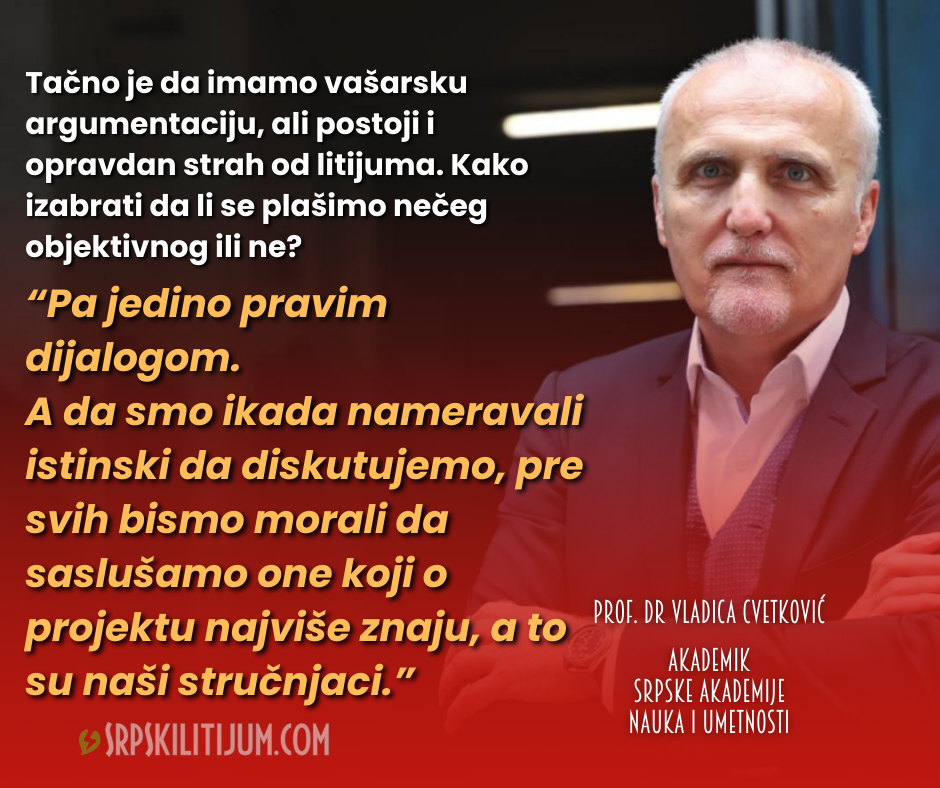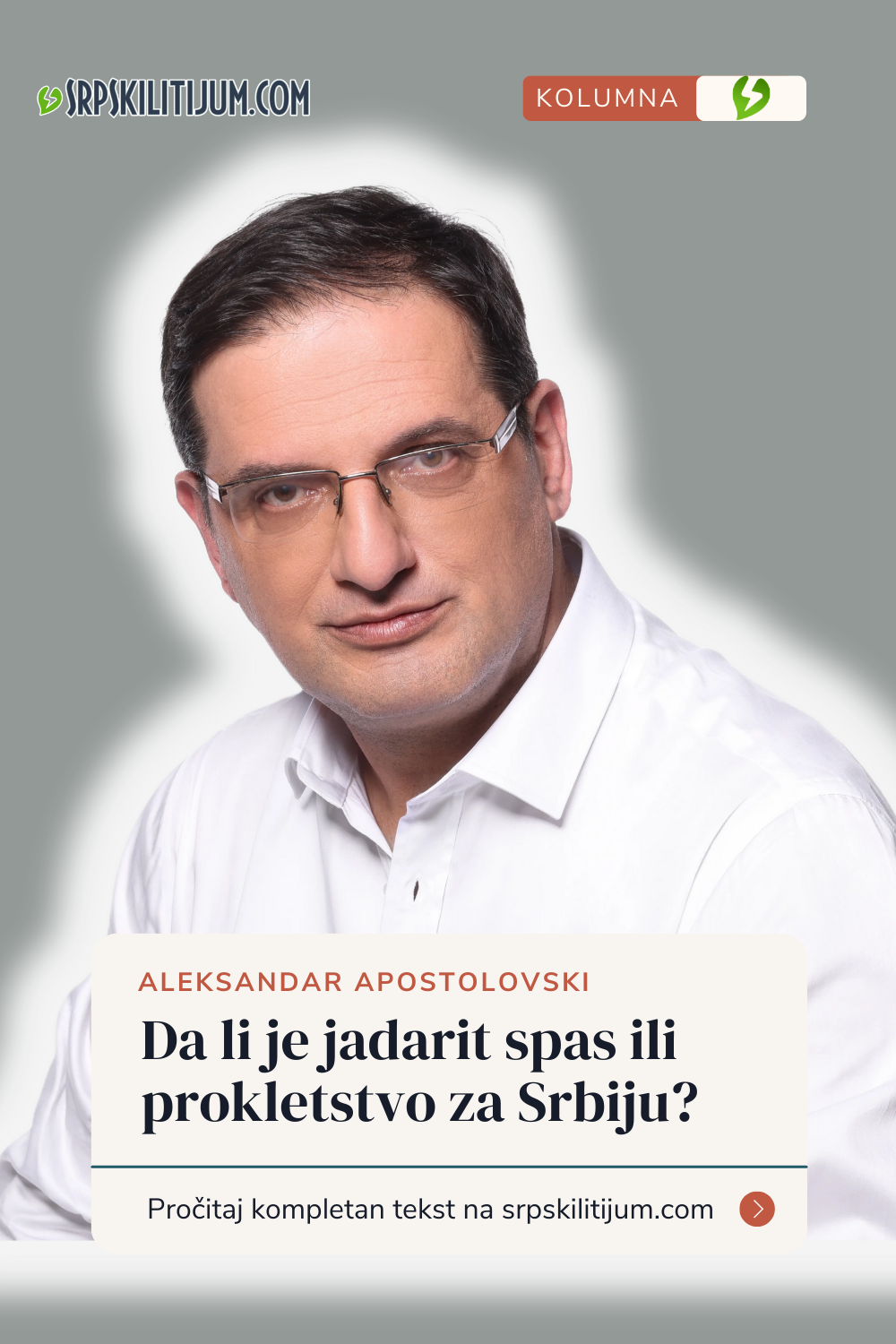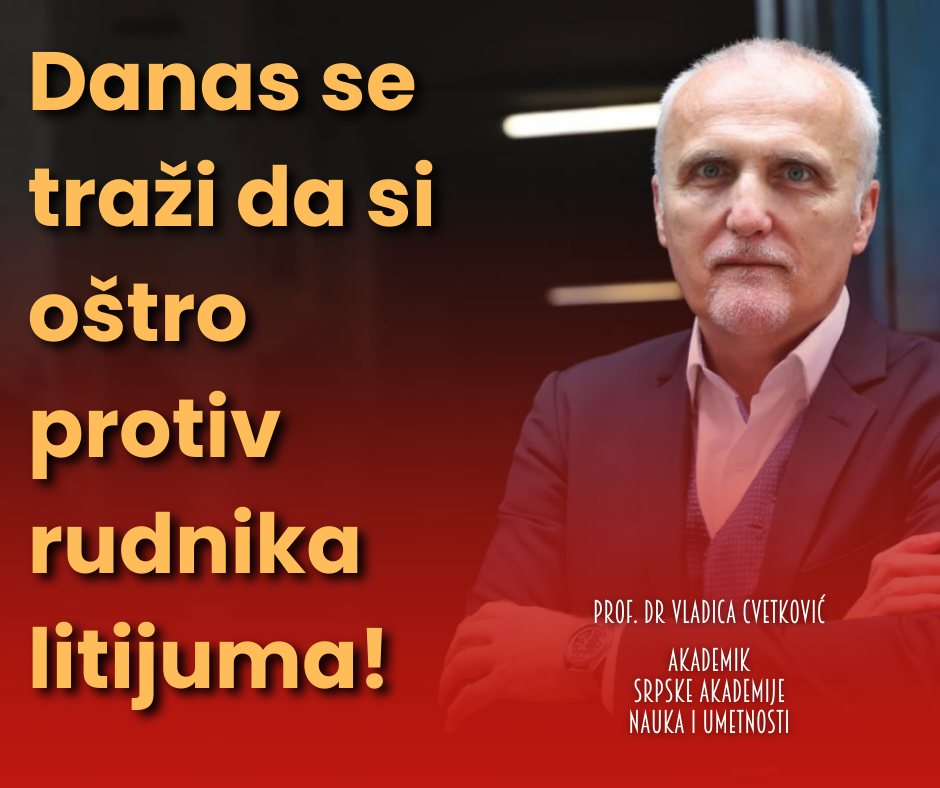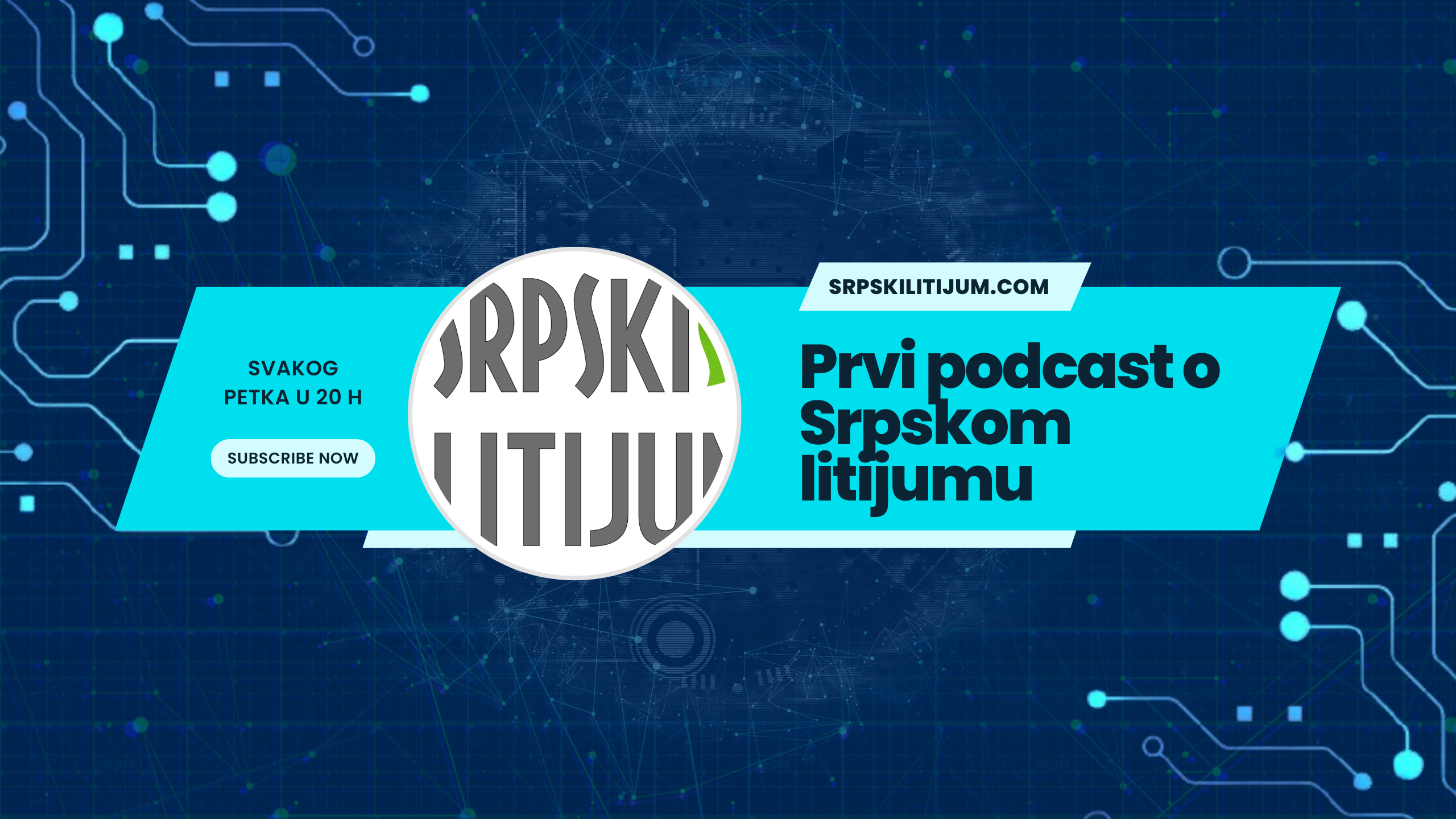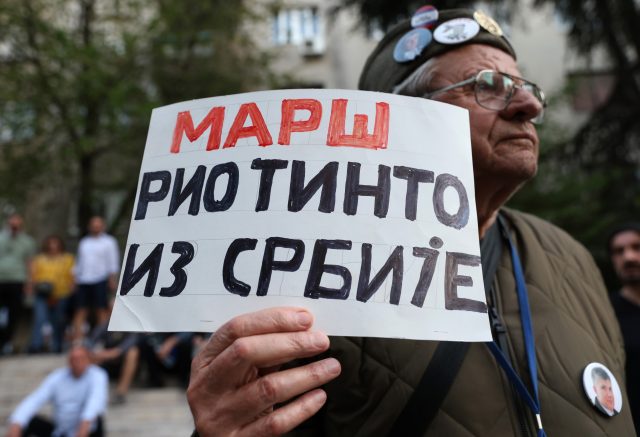
Serbian and German environmentalist groups ask EC to rethink naming planned Rio Tinto mine a ‘strategic project’, insisting it fails to meet environmental criteria.
The Serbian environmental organisation “Mars sa Drine” and a German counterpart, “Green Legal Impact Germany,” have sent an official request to the European Commission and its Critical Raw Materials Board, asking them not to label Rio Tinto’s planned lithium mine in western Serbia a “strategic project”.
The Commission is currently deliberating recognition of the “Jadar” project as a “Strategic Project” under Article 6 of the EU’s Critical Raw Materials Act, CRMA.
Criticism of Critical Raw Materials Act
The European Union’s Critical Raw Materials Act, CRMA, which entered into force on May 23, 2024, is considered a cornerstone in enhancing the EU’s capabilities in sourcing, processing and recycling critical raw materials.
This is seen as crucial for increasing its capacity to extract raw materials and diversify sources from third countries, especially China.
The Commission has opened a call for applications for “strategic projects” under the Act.
However, the Act has been criticized as too friendly to the mining industry and as contradicting with the EU’s environmental goals.
The Commission is currently deliberating recognition of the “Jadar” project as a “Strategic Project” under Article 6 of the EU’s Critical Raw Materials Act, CRMA.
The letter, seen by BIRN, was sent on November 17.
Criticism of Critical Raw Materials Act
The European Union’s Critical Raw Materials Act, CRMA, which entered into force on May 23, 2024, is considered a cornerstone in enhancing the EU’s capabilities in sourcing, processing and recycling critical raw materials.
This is seen as crucial for increasing its capacity to extract raw materials and diversify sources from third countries, especially China.
The Commission has opened a call for applications for “strategic projects” under the Act.
However, the Act has been criticized as too friendly to the mining industry and as contradicting with the EU’s environmental goals.
The two organisations claim the project fails to meet the criteria set out for designation as a “Strategic Project” under the CRMA, since “the ongoing and potential environmental and social impacts of this project raise substantial legal concerns, which we believe disqualify it from such recognition”.
“We respectfully urge the Commission and the Critical Raw Materials Board to reject the application for ‘Strategic Project’ status for the Jadar project, in alignment with the principles and objectives of the CRMA, including the promotion of sustainability and environmental protection,” the letter says.
The 41-page document obtained by BIRN, details why Rio Tinto’s project, which is backed by Serbia’s government as well as EU countries, such as Germany, will have an environmental and socially destructive impact.
It emphasizes the risk of water and soil contamination, biodiversity loss, the negative social impact that would result from the necessary relocation of local residents and the potential impact on agriculture in a region characterized by fertile land and small-scale farming.
The letter notes “governance issues” surrounding development of the project, claiming it has been marred by administrative irregularities, state repression of activists and allegedly misleading business practices.
It refers to internationally recognised human rights that the project, the organisations say, “risks infringing on”, such as the right to safe drinking water and food and a to clean, healthy and sustainable environment.
The lithium project has caused huge controversy in Serbia and has sparked massive protests.
In July, Serbia and the EU signed a Memorandum of Understanding that greenlit the planned mine in the Jadar Valley, despite environmental concerns.
The EU is seeking fresh lithium sources for use in electric car batteries, in order to reduce its dependence on Chinese imports.
In an indication of how important the mine project is to the European Union, the signing ceremony was overseen by German Chancellor Olaf Scholz as well as Serbian President Aleksandar Vucic.
Days before, Serbia’s government put back in force a plan to realise the project, which it had cancelled in 2022 following mass protests.
Activists fear the project will damage water and land in western Serbia, while some Serbs say they feel steamrollered by the powerful multinational giant, which has been accused of causing environmental damage.
Protesters claim the financial benefits for Serbia will be small and note that other Rio Tinto ventures around the world have been dogged by controversy.
Lithium mining is a chemical-intensive process that involves digging up vast amounts of rock and extracting those with lithium.
Rio Tinto claims the mine planned in the Jadar Valley region will be among the biggest in Europe and will make the company one of the top ten lithium producers in the world.
